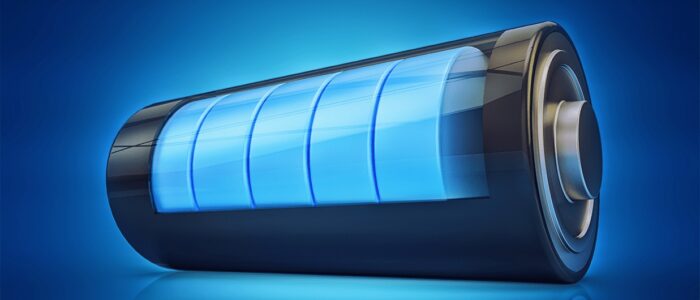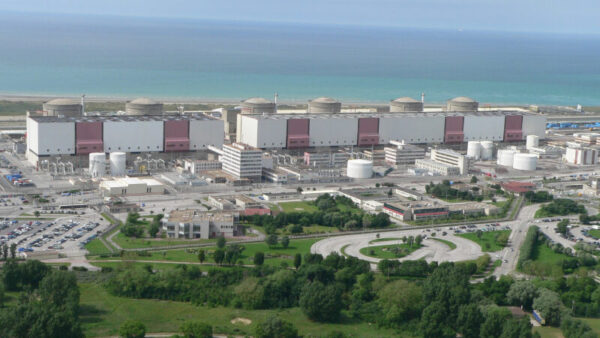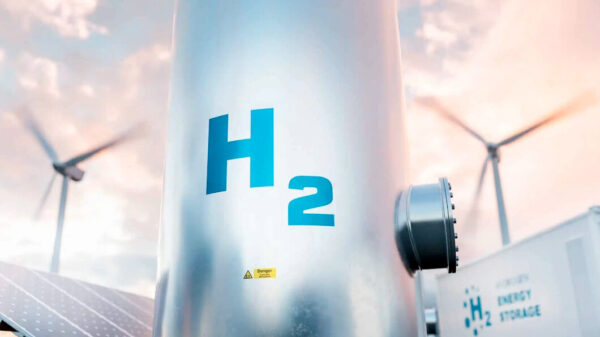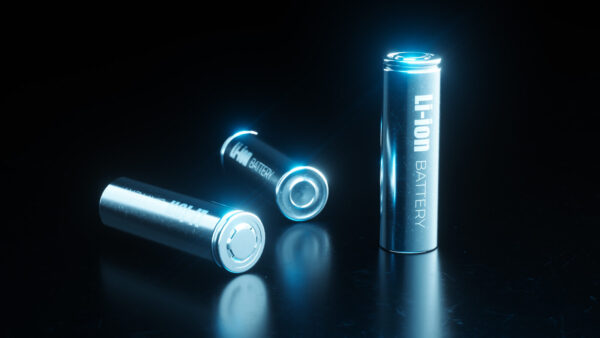- Foreign companies in all sectors looking to expand in Hauts-de-France
- French companies with no site in Hauts-de-France
- Hauts-de-France companies with a succession plan
- Foreign-owned companies in Hauts-de-France with a development project
- French or international self-employed entrepreneurs
- French companies wishing to export
- International companies seeking distribution networks only



